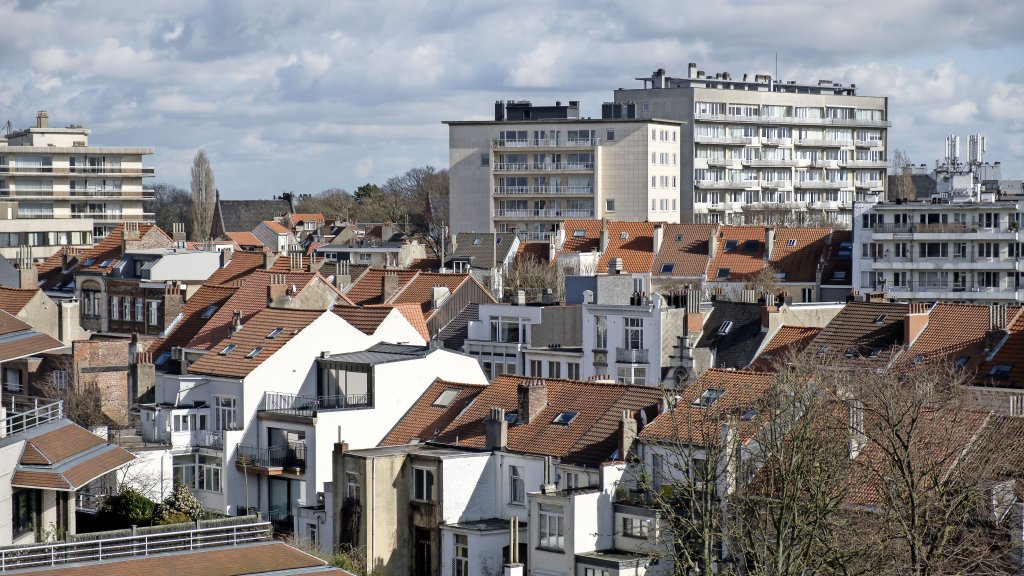Molenbeek-Saint-Jean, Anderlecht, Saint-Gilles, Etterbeek and Neder-Over-Heembeek will be the first five neighbourhoods in Brussels to receive additional support allowing better access to care.
Funding from the Flemish Community Commission (VGC) and the Flemish Community (Vlaamse Gemeenschap) will go towards projects in each neighbourhood aimed at counteracting loneliness and poor access to care, Bruzz reports.
“Being able to find care and well-being in your own neighbourhood has a gigantic added value,” said VGC Chairman Elke Van den Brandt.
“It increases your quality of life and strengthens the neighbourhood. In a caring neighbourhood, organizations, governments and local residents can jointly take care of the individuality, warmth and safety of their neighbourhood. And in Brussels, of course, that means across language, cultural and community boundaries.”
Five projects for five neighbourhoods
In Molenbeek, the Connect Karreveld project run by i-mens aims to combine informal and formal assistance to create a neighbourhood help network to combat social isolation.
In Anderlecht in the Scherdemaal high-rise district, a care concierge introduced by Vives will identify and address care and well-being needs together with the residents.
In Saint-Gilles, the Be Coming Home project focuses on the Hallepoort and Bosnia neighbourhoods. By creating formal and informal meeting spaces and setting up a care pathway, it aims to create a better sense of belonging among residents.
Related News
- Brussels’ poorest families still waiting for payment of rent allowance
- Anderlecht’s plan for car-free neighbourhoods
In Etterbeek, through the Chasse Coeur project, the Chambéry district wants to tackle five themes: the social mix between local residents, the neighborhood help network, housing problems, care services and reaching out to families.
In Neder-Over-Heembeek, the project Careful focuses on the aging and increasingly lonely population of the neighbourhood. The aim is to get this group more involved by setting up cultural meetings.
Projects to begin next month
The projects will start from 1 March for a period of two years and will be conducted in cooperation with local municipal services, schools and neighbourhood associations to make services more accessible and strengthen solidarity in the neighbourhood.
Projects hope to ensure that older people or people with special needs can continue to live in their familiar neighbourhoods. The King Baudouin Foundation is responsible for the guidance and coaching of the projects.

